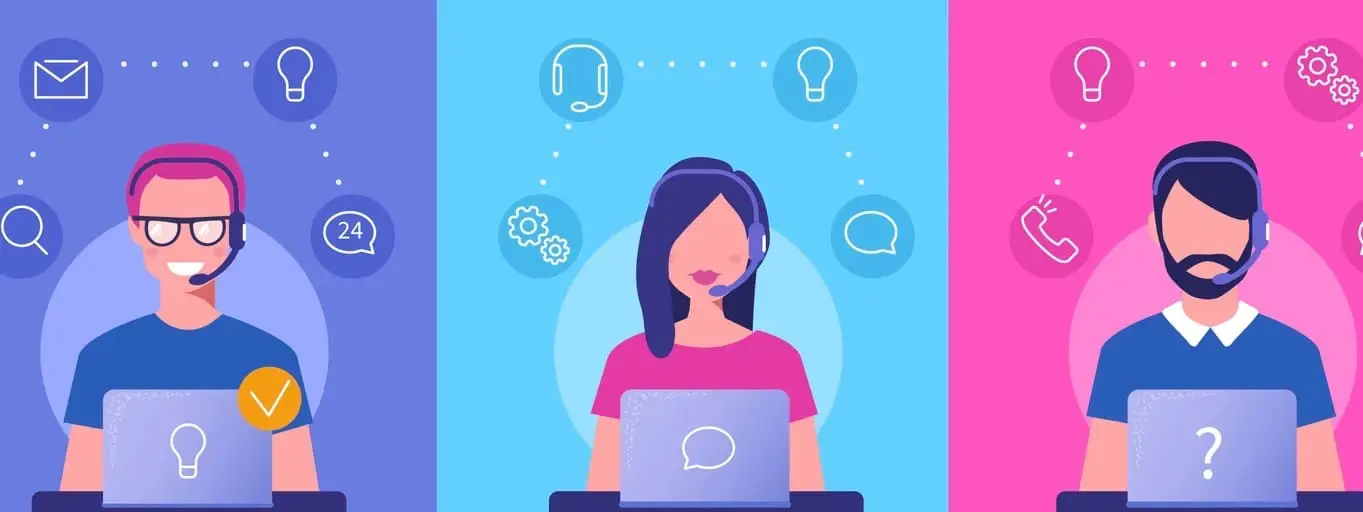Introduction
Customer service is a critical aspect of any business. Effective customer service can lead to increased customer satisfaction, loyalty, and revenue. Scenario-based learning provides a valuable tool for training customer service representatives (CSRs) to handle a variety of customer interactions and challenges.
Scenario: Handling a Difficult Customer Complaint
Scenario Description:
A customer contacts a customer service representative to complain about a defective product. The customer is angry and demanding, and the CSR must navigate the situation with empathy, patience, and professionalism.
Learning Objectives:
- Understand the importance of active listening and empathy in customer service.
- Develop effective communication and problem-solving skills.
- Handle difficult customer interactions with tact and diplomacy.
- Identify and resolve customer complaints in a timely and satisfactory manner.
Scenario Activities:
- Active Listening: Practice active listening techniques to understand the customer’s concerns and needs.
- Empathy: Demonstrate empathy by putting yourself in the customer’s shoes and understanding their perspective.
- Problem-Solving: Identify the root cause of the problem and develop a solution that meets the customer’s needs.
- Communication: Communicate clearly and effectively, using appropriate language and tone.
- Follow-Up: Ensure that the customer’s complaint is resolved to their satisfaction and follow up to address any additional concerns.
Benefits of Scenario-Based Learning
- Practical Experience: Scenario-based learning provides hands-on experience in handling real-world customer service situations.
- Confidence Building: By practicing in a safe and controlled environment, learners can build confidence in their ability to handle difficult customer interactions.
- Skill Development: Scenario-based learning helps develop essential customer service skills, such as active listening, empathy, problem-solving, and communication.
- Customization: Scenarios can be tailored to specific customer service challenges and industry requirements.
Conclusion
Scenario-based learning is a valuable tool for training customer service representatives to handle a variety of customer interactions. By immersing learners in realistic scenarios, they can develop the skills and confidence needed to provide exceptional customer service and build strong customer relationships.





